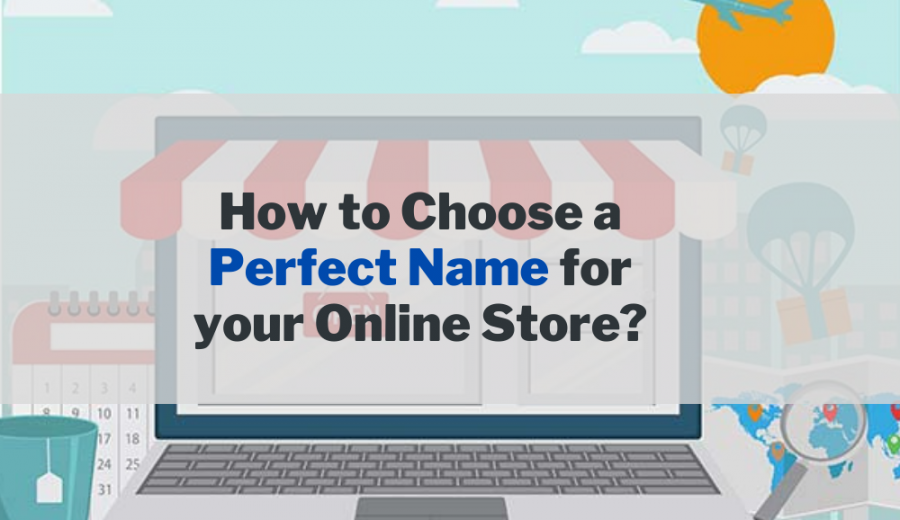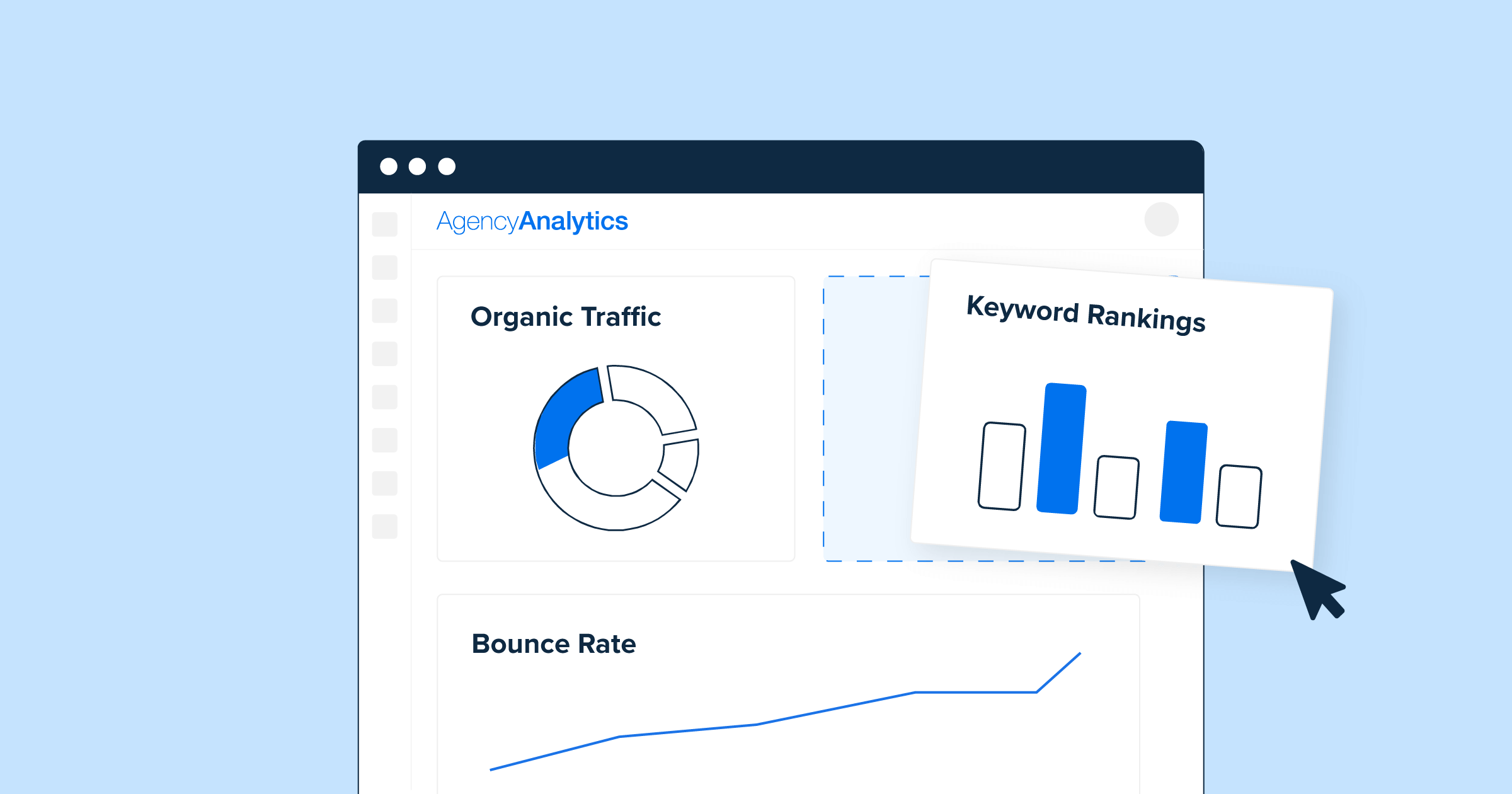When your website has links pointing to it, whether those are internal or external links, your organic traffic is likely to improve. Both from users clicking those links on external sites, and from search engines “crawling” the web and finding your content. Using various SEO link-building strategies can improve your site’s visibility, rank in search engine results, and overall traffic generation.
Why try SEO Link Building?
Backlinks are an important part of any solid SEO campaign. They are created when another website links to your content, essentially vouching for its quality. This not only helps with search engine ranking but also encourages more users to click through to your site. Backlinks are precious if they come from high-quality websites. You can improve the quality of your content to make it more link-worthy, or use different keywords that are more likely to be associated with your site. Either way, increasing the number of backlinks to your site is a worthy goal.
There are many factors that go into a website's ranking on Google. One of the most important is backlinks. In the past, a common practice to get backlinks was to submit your site to web directories. However, as this became overused, Google stopped valuing those links as much. Today, sites with links from those sorts of directories are penalized by Google.
There are still ways to get backlinks and improve your website's ranking. Here are some tips:
Set Your Goals
If you don't know what your SEO goals are in the first place, it can be pretty difficult to achieve them. What do you hope to gain from your link-building campaign? It's important to be specific and realistic with your goals, rather than vague. SMART goals are:
- specific
- measurable
- attainable
- relevant
- time-bound
For example, "get more links" is too general to be useful, but "get 3 links from DA 90+ sites by June" is much more specific and meets all of the SMART criteria.
Defining your goals will help you create the right strategy and make decisions that support those goals. Additionally, make sure that the campaign goal aligns with the overall goal of your business. Having a clear connection between the two will ensure that your efforts are focused and effective. And finally, don't forget to track your progress by recording your current rank for target keywords so you can see how (and if) it improves over time.
Quality Content
Creating content that is link-worthy takes focus and effort. Begin by writing something of quality. You can also revise older content to make it more valuable. Keep in mind that not all types of content are created equally, some encourage backlinks more than others:
- Data visualizations
- How-to guides
- Image galleries
- Infographics
- Reports or studies
- Videos
- White papers
User-friendliness is key; for instance, data visualization should be easy to understand. An infographic should be colorful and easy to read on any size screen. A how-to guide should be divided into sections with clear individual steps.
Engaging vs Forgettable Content
Are you looking for ways to make your content stand out? There are many things you can do to make your content more engaging, and thus more likely to be read and shared. Here are some tips:
1. Elicit a strong emotion. Make your readers feel something! Whether it's anger, happiness, or anything in between, emotional response will make them remember your content.
2. Communicate something new. Your readers should walk away from your piece feeling like they've learned something new. If you can teach them something in a new way, even better!
3. Have visual appeal. People are visual creatures, so include images or videos that will grab their attention. Pinterest is a great platform for this – even a great featured image can result in traffic and engagement.
4. Address a timely need or interest. Is there something that's hot on everyone's mind right now? Addressing a current need or interest will make your content more relevant and useful to your readers.
5. Approach a location-specific need. If you cater to a local audience, consider their specific needs and interests. For example, you could write a how-to guide for finding the best local businesses in your area.
Guest Posts
Guest blogging involves providing content for another website in your niche. This can be a great way to build backlinks, but only if you focus on quality. Make sure your byline and a link to your website are included at the end of each article, and choose guest blogging outlets carefully. Keep the content high-quality to avoid hurting your ranking instead of helping it.
Newsletters from platforms like Substack and Revue can also generate backlinks, as all the content is listed online - not just in subscribers' inboxes. Many newsletters are open to guest posts, so it's worth reaching out to see if you can partner somehow.
Build Relationships
When you reach out to industry blogs and websites to promote something you just made, like an informative article or a case study, your long-term goal should be to nurture an ongoing relationship. In the future, that brand may keep an eye on what you’re doing, talk about your business with others, ask you for an interview, request that you write a guest post, etc. Also, in addition to building relationships with other professionals in your niche, engage with your audience. This tactic takes time and effort, but it will pay off in the form of quality links to your content.
Partnerships and Connections
If you have customers or partners who love your brand, consider asking them for a backlink. You can offer to create a badge or icon for their site in exchange for the link, or write a positive review or testimonial of their product or service. If you have a good relationship with them, they may be willing to feature a more in-depth review or guest post on their site.
Get Competitive
There are a number of ways to check out what your competition is doing and get a leg up on them. Here are a few options:
Google searches your keywords + link roundup. This will give you a list of articles that gather resources on your topic. You can then contact the authors of these articles and ask to be included in future roundups.
Use a backlink checker, such as Moz Link Explorer, to look at where your competitor's backlinks are coming from. This will help you identify which content is performing well and where you might be able to get a backlink from too.
If you find an outdated article on a topic you cover, reach out to the site owner and offer them your more relevant and up-to-date resource instead. They may be willing to add a backlink to your content.
You can also use 404 pages as an opportunity to get a backlink. If you find a page with broken links, contact the site owner and let them know. They may be willing to replace the broken link with a link to your content.
Use Honest Methods of Attaining Backlinks
Paying for links is not the same as buying backlinks. While paying for advertising may provide some benefits on top of backlinks, Google can tell the difference between a paid ad and a link-building scheme. It's also important not to do large-scale link exchanges, as this can be a red flag for search engines. Trading backlinks with a business partner is generally fine, but otherwise major link exchange campaigns are generally not looked upon favorably by search engines.
Final Thoughts
Patience is key when it comes to SEO link building. It can take time to see results, even with a solid campaign. This is due to a number of factors, such as the competitiveness of your niche, the target keywords you're targeting, and how long your domain has been around. You may see a change in ranking in a few days or weeks, but it could also take months. Set your expectations so you can stay the course while you're waiting for the payoff.
Remember that SEO link building is just one part of an overall SEO strategy. Other important factors include creating stellar content, providing reliable customer service, being active on social media, etc. Link building is only one piece of the puzzle when it comes to running a successful website or business.

Nadejda Milanova
An experienced Content creator in the field of Search Engine Optimization (SEO) and WordPress. A true proffesional with a Master's degree focused on journalism.
Read more by Nadejda Milanova





